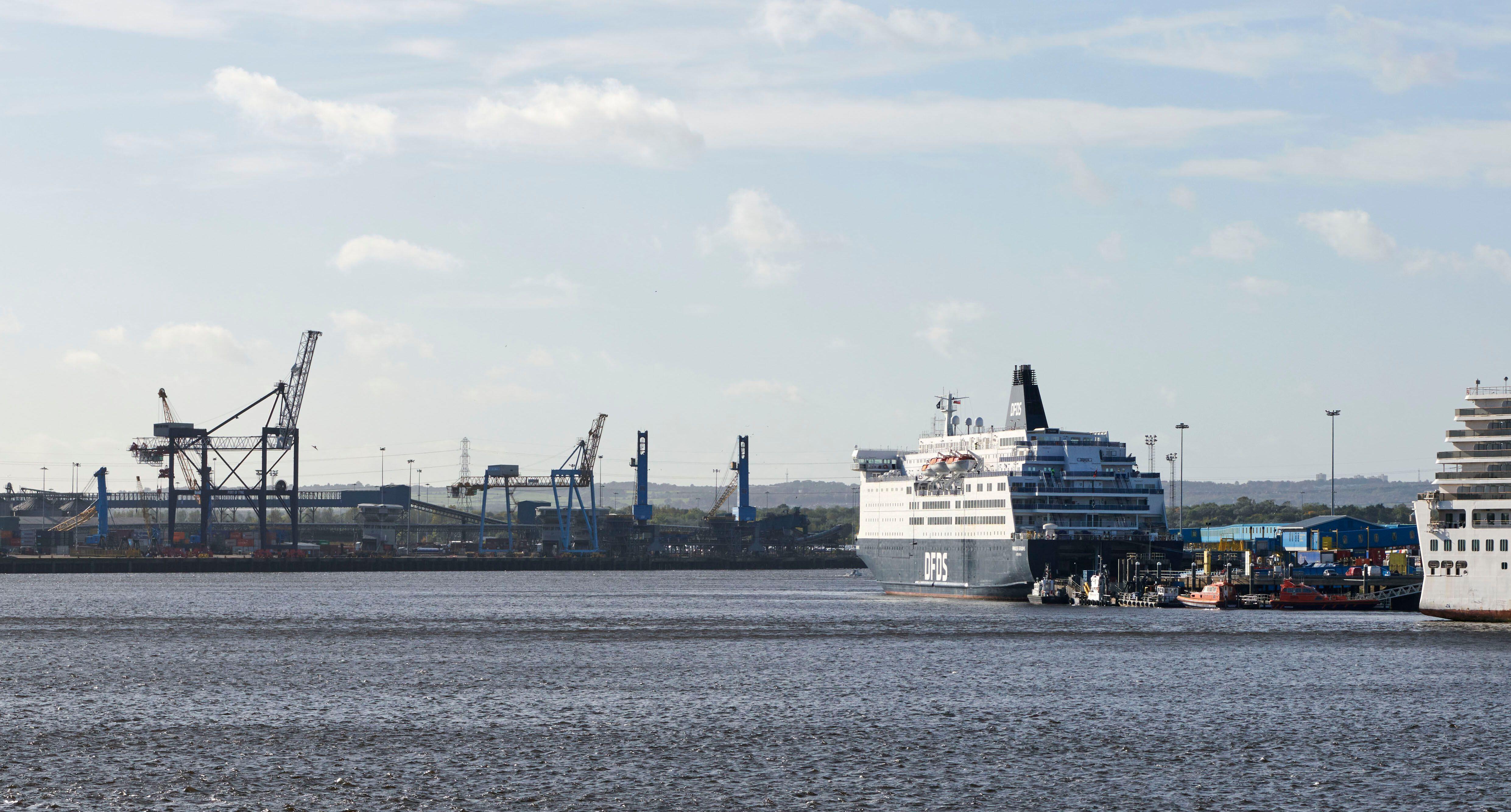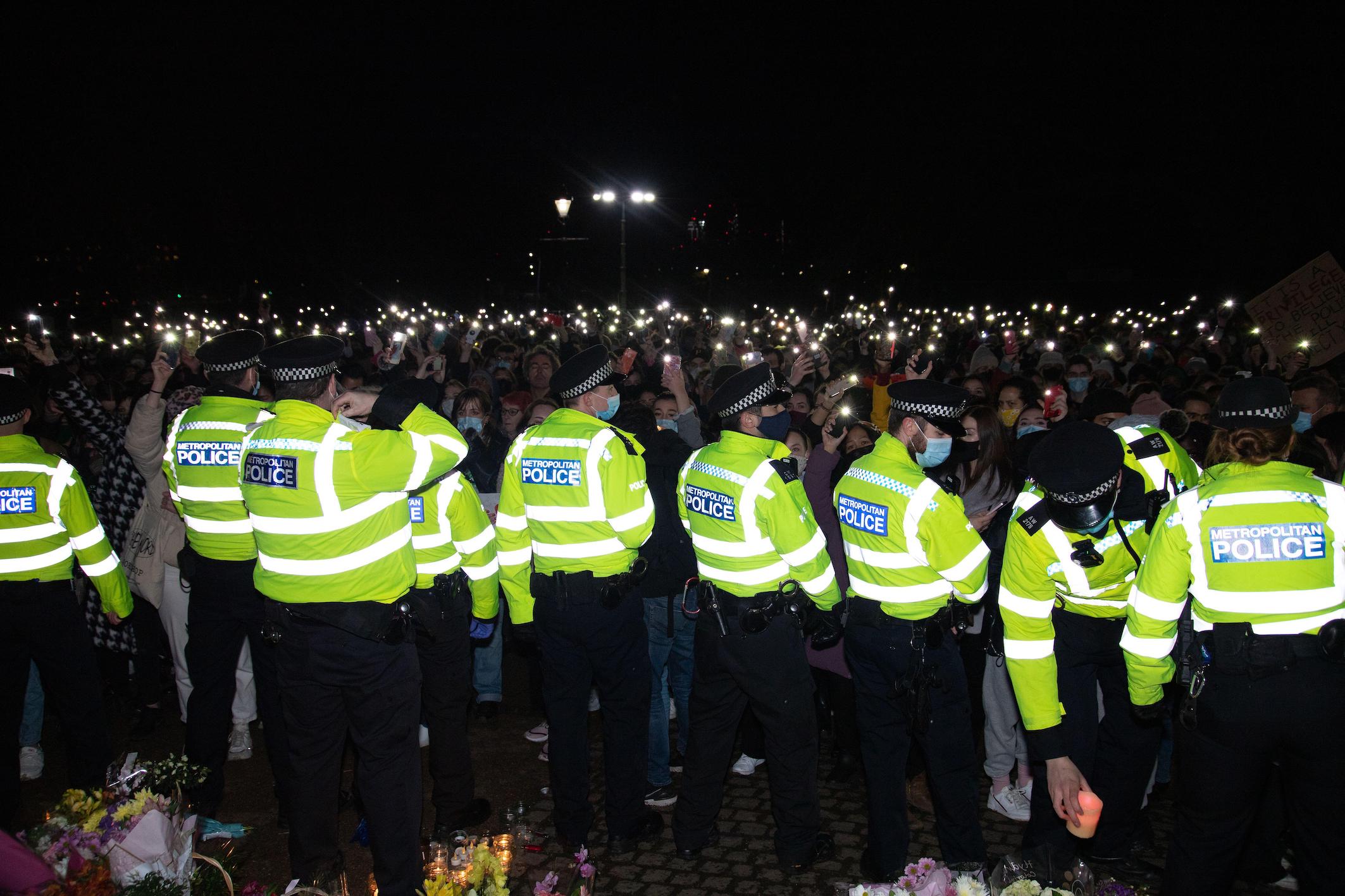After Shamima Begum, who's next?
It's official: we have a two-tier, racist regime where some Britons face far greater penalties than others - and journalists and protesters could be particularly at risk.
The ruling affirming the Home Office’s unilateral, populist decision to strip Shamima Begum has been met with considerable outrage - even from Conservative stalwart Jacob Rees-Mogg, who argued the decision undermines both the right to trial by jury and the fundamental principle of equality before the law. After all, Begum lost her citizenship because she could, theoretically, claim Bangladeshi citizenship too. This means the UK now has two castes of citizens: those eligible for another citizenship, who could lose their UK passport by decree; and those who cannot.
These two threats are very much there for everyone in the UK. But they carry a particularly menacing effect for two groups: protesters and journalists.
I’m all too familiar with the threat, because I’m one step below citizenship - I have mere settled status - also known as indefinite leave to remain [ILR], secured thanks to my good fortune and privilege of being born to a Danish father. Despite the government promising the status of EU citizens living here under a settlement scheme, I’ve been saving up to apply for citizenship (a costly £1,580). This isn’t only because each interaction with the Home Office is expensive, anxiety-inducing, intrusive and frankly soul destroying. It’s also because the threat of deportation now facing millions of UK citizens has been familiar to those of us with ILR for a good long while.
For the past few years, I’ve been living with the fear that my ILR - and with it my career, my home, my friends, my two cats - could all be taken away if I “commit a serious criminal offence”. Am I planning to commit a criminal offence? Hard to tell. Not because I’m idly mulling whether I should rob a bank, but because the UK has been rapidly criminalising vitally important modes of civic engagement. Laws like the Police, Crime, and Sentencing Act (2022) and the Public Order Act (2023) have both criminalised many forms and elements of protest, from blocking a road to, inanely for our post-COVID world, covering your face.
This is not just on paper: hundreds of environmental activists have been arrested in recent years over peaceful demonstrations in recent years, and anti-monarchy activists were also arrested before the coronation of King Charles III using powers newly enacted by the Public Order Act. Marcus Decker, a German citizen with pre-settled status was arrested for climbing the Queen Elizabeth Bridge over Dartford Crossing in protest over the climate crisis was sentenced to jail for public nuisance and subsequently served a deportation order and revocation of his immigration status by the Home Office. He is the first to have been served a deportation order for protesting, there’s no telling whether he will be the last. The same is true about the withdrawal of citizenship from Begum.
But even if I decide not to go anywhere near a protest ever again - a ridiculous decision to have to make - to be truly safe from deportation, for the time being, I should probably change careers. Journalism is under attack in the UK too, albeit in a less public way than protest. Three journalists were arrested by Hertfordshire Police for covering a Just Stop Oil protest on the M25, with the police saying that they had the right to “hold them in custody for questioning in order to verify their credentials'' despite all three saying they produced their press cards when first questioned. An increasing number of journalists travelling to the UK have been arbitrarily detained under counterterrorism laws, questioned for hours, and released without their phones and laptops. It seems only a matter of time before criminal charges follow, too.
And as we speed towards a general election, with Conservative politicians desperately rummaging the larders for political red meat to throw to their base, it’s all too easy to imagine a situation where a journalist who particularly irks the Tories, or, say, a prominent Extinction Rebellion organiser, is given the Begum treatment. Indeed, Prime minister Rishi Sunak seemed to hint on Friday that protesters who "seek to intimidate people" could be deported if they are living in the UK on visas rather than citizens. Freedom of speech for me but not for thee.
"Britain has a racist, two-tier citizenship regime," sums up Maya Foya, joint executive director of human rights organisation Reprieve. "The Court of Appeal judgement against Shamima Begum is a chilling reminder that if you have even the most notional claim to a second nationality, the Home Secretary can strip you of all your legal rights without offering any more justification than that it is 'conducive to the public good'.”
“This two-tier citizenship regime is an affront to basic principles of fairness and at odds with the UK's self-image as a country that respects the rule of law. When people across the political spectrum - including senior Conservatives such as Jacob Rees-Mogg - recognise that the current system is broken, undemocratic and unfair, the Government must surely recognise that reform is urgently needed.”
And while there’s no question Begum - a woman of colour and a second-generation immigrant - made a particularly attractive target for the far right that’s taken over the Tory party - the UK also revoked the citizenship of Islamic State recruit Jack Letts, a white British teenager from Oxfordshire who also had Canadian citizenship. But this happened only after Begum lost hers. These two are merely the tip of the iceberg: Foa tells The Lead the government has “deprived more than 200 people of their British legal rights” and citizenship in the last decade alone - compared to a mere nine people between 1973 and 2009. She adds that around six million Britons are “at risk of being stripped of their citizenship, as they have a potential claim to a second nationality. Non-white people of ethnic minority descent are eight times as likely as white people to be vulnerable.”
As the Court of Appeal gives this racist regime judicial sanction, the only question is: who will be next?
The Lead is now on Substack.
Become a Member, and get our most groundbreaking content first. Become a Founder, and join the newsroom’s internal conversation - meet the writers, the editors and more.





